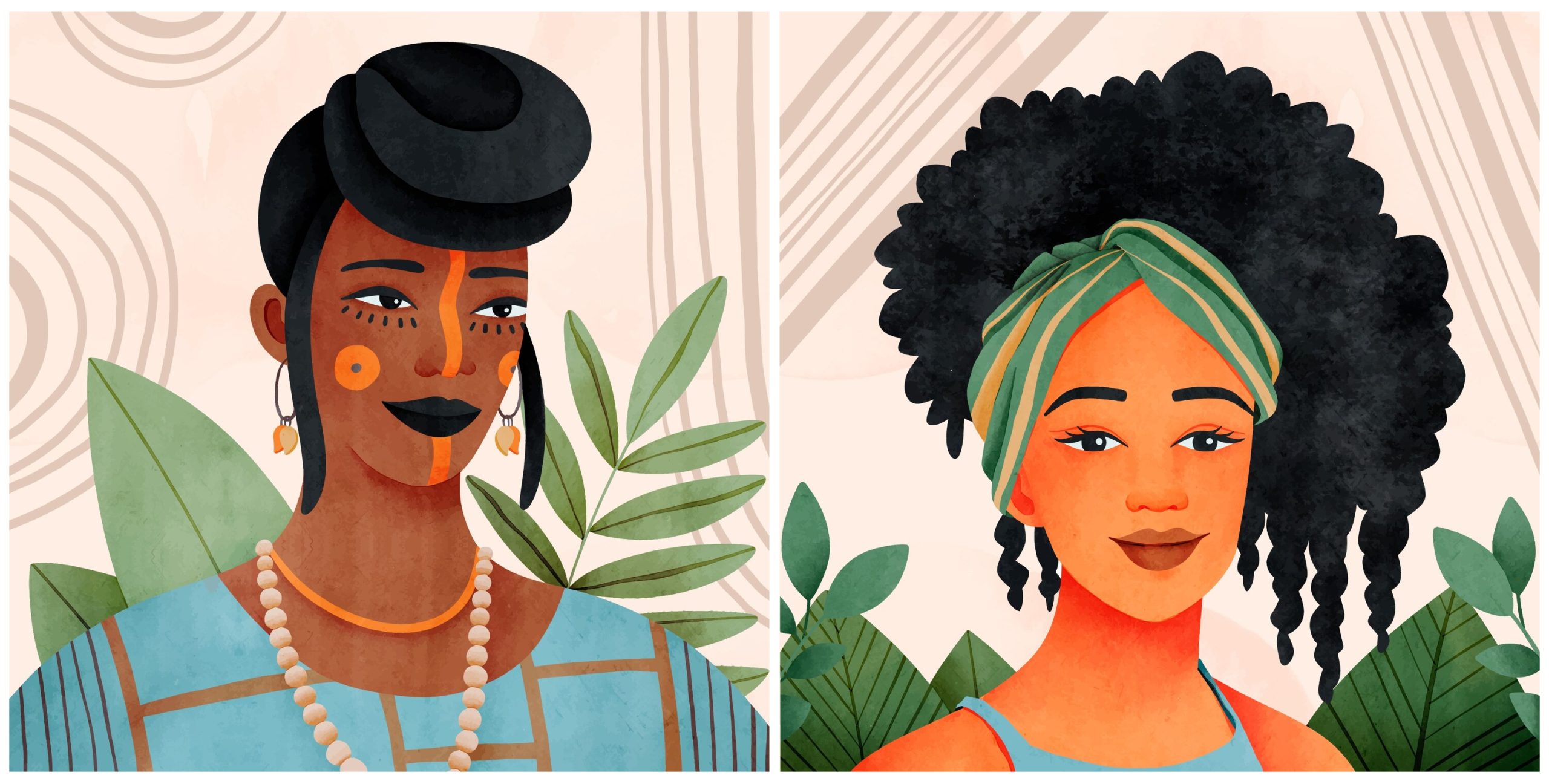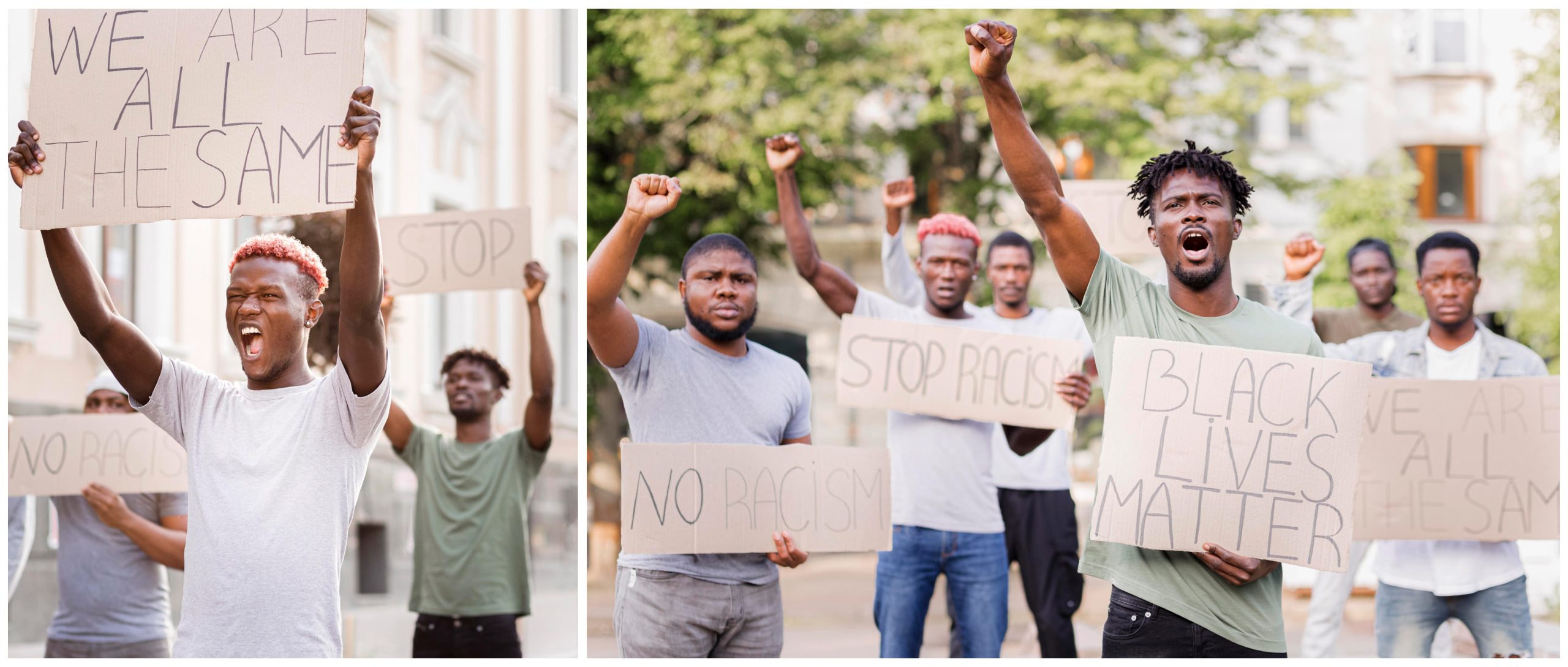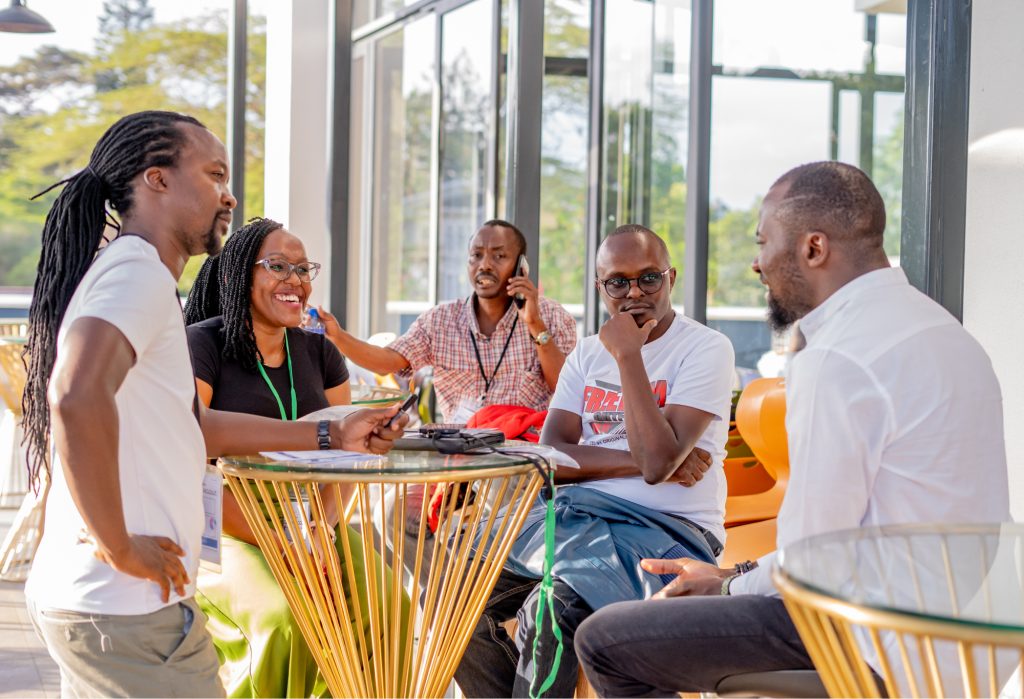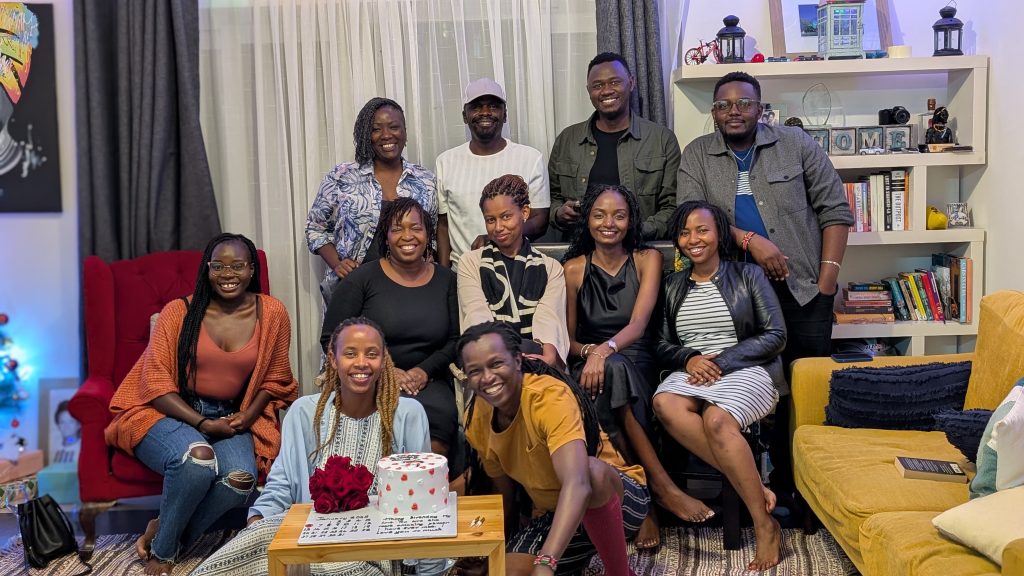If you’re black and proud, say it loud. But what if pride doesn’t come easy? What if being black feels less like a badge of honor and more like a curse? Before you come for me, hear me out. I’ve been wrapped in this black skin for 40-something years, and I’ve seen a thing or two. I’ve witnessed what we do to ourselves, and let me tell you—it’s not pretty.
We’re the same people who pick up placards and march in the streets of Europe and America, demanding citizenship and equal rights. But come back home, and what do we do? We turn tribal. We obey every rule abroad, but here? It’s a free-for-all. We roll down our car windows and toss garbage onto the streets, expecting the “uneducated street boy” to clean up our mess. Sound familiar?
The whole world wants to be us—except us. They love our style, our swag, our creativity. When we touch something, it turns to gold. What starts as ghetto becomes a global phenomenon. They take our rap, our fashion, our art, our resources and turn it into a multi-billion-dollar industry. And what do we get? Locked up if we try to claim our own.
They’ve mastered the art of protecting what’s theirs while stealing from us. They’ve got a shared strategy, a unity we can’t seem to grasp. What is it that they know, that they share, that we can’t learn? What’s stopping us from developing our own standards, our own systems, our own respect?
We’ve never been more informed, more educated, more connected in this era of AI, mobile devices, and internet penetration—our parents dreamed of this. They wanted us to be better than them. And yet, here we are. Still begging. Still poor. Still selfish. Still stupid. Let’s pick a fucking struggle.
The Colonial Hangover: Rules Without Reason

It was brought to my attention that yet another senior teacher at my daughter’s school had a problem with her hair, her dreadlocks. This is the fourth time this has happened, and guess what? It’s always a black teacher enforcing rules set by white people against us. Let that sink in.
This is what India Arie meant when she sang, “I am not my hair.” But here we are, still fighting over locks, still clinging to colonial-era rules that were designed to break us. Why? Why are we so eager to uphold baseless, retrogressive agendas set by people who saw us as less than human? Explain it to me like I’m Karen Nyamu.
The African Paradox: Selfishness and Self-Sabotage
We’re quick to point fingers at the West, at colonialism, at systemic oppression. And yes, they’ve done their damage. But when will we take responsibility for the ways we sabotage ourselves? When will we stop being our own worst enemies?

We march for equality abroad but build walls of tribalism at home. We demand respect in foreign lands but refuse to give it to our own. We cry about exploitation but exploit each other without a second thought. When did we become so selfish, so self-centered, so blind to our own potential?
A Call for African Renaissance
Here’s the hard truth Africa: no one is coming to save us. Not the West, not the East, not some magical savior. If we want respect, we have to earn it. If we want pride, we have to build it. And that starts with us—not as individuals, but as a community, as a country, as a people.
It’s time for true Pan-Africans to rise—leaders who will unite us, defend our collective interests, and build a future we can all be proud of. It’s time to stop begging for scraps and start creating our own feast. It’s time to stop being the world’s charity case and start being its example.
It’s time for true Pan-Africans to rise—leaders who will unite us, defend our collective interests, and build a future we can all be proud of. It’s time to stop begging for scraps and start creating our own feast. It’s time to stop being the world’s charity case and start being its example.
Black and Proud—But Only If We Earn It
So, am I black and proud? Not yet. But I want to be. I want to look at my skin and see more than just a curse. I want to see a legacy, a future, a people who’ve risen above their struggles and claimed their place in the world.
The only way we can be black and proud is if we have something to show for it. Not as individuals, but as a collective. Not as beggars, but as builders. Not as victims, but as victors.
African renaissance starts with us. Let’s get to work.




